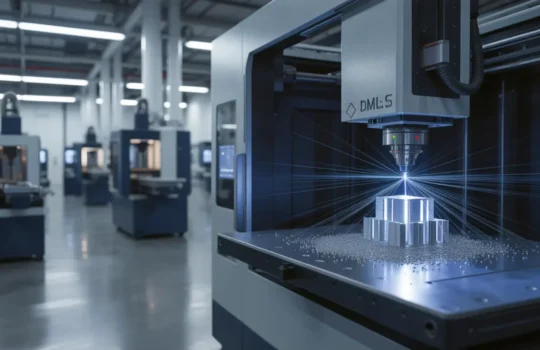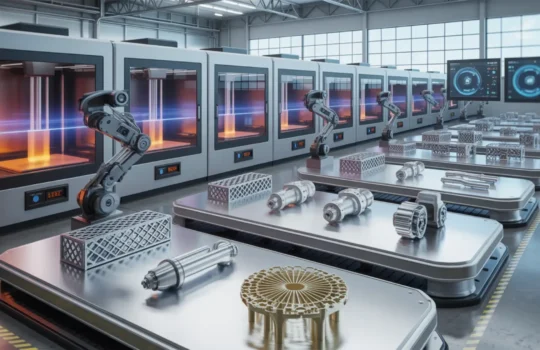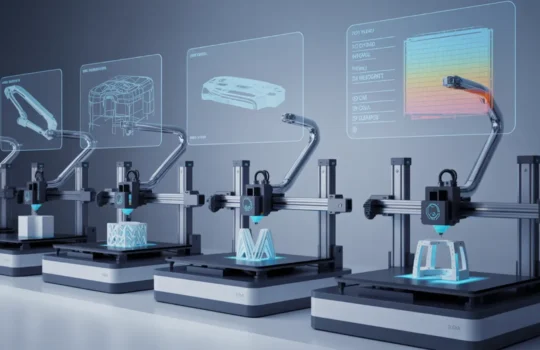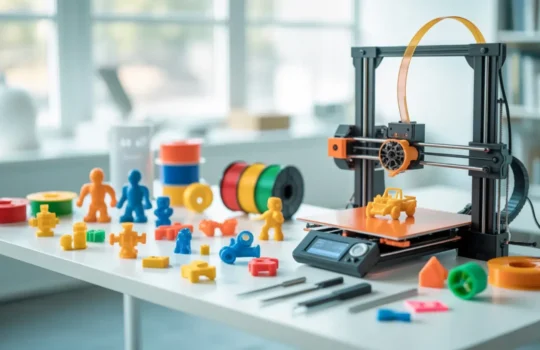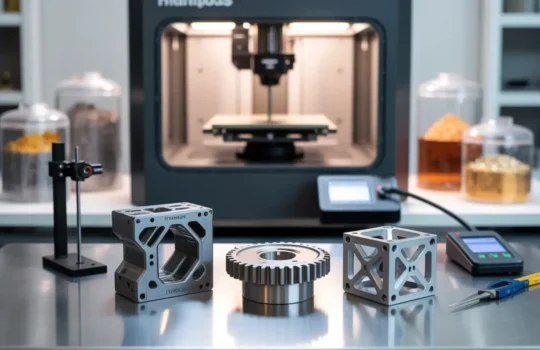In today’s fast-paced product development landscape, speed, flexibility, and cost-efficiency are critical. Resin casting offers a powerful solution for producing high-quality prototypes and small-batch products without the high investment of traditional manufacturing.
It enables quick iterations, refined finishes, and material versatility, making it ideal for refining designs or testing functionality before scaling up. As industries move toward shorter lead times and higher customization, resin casting bridges the gap between concept and production.
What is Resin Casting?
Resin Casting is a low-volume manufacturing process where liquid resin is poured into a mould and cured into a solid form. These moulds—typically made from silicone—can replicate fine details and complex geometries with high accuracy.
Common Materials Used
- Polyurethane, Epoxy, or Polyester Resins: Chosen based on clarity, flexibility, or strength
- Silicone Moulds: Allow detailed replication and reusability
This method avoids the costly tooling associated with processes like injection molding, making it ideal for prototypes, appearance models, and short production runs.
Key Advantages of Resin Casting for Prototyping

Fast Turnaround
Once a silicone mould is created, multiple copies of a part can be cast in a matter of hours. This enables faster design validation and reduces development cycles significantly.
High Detail & Finish
Silicone moulds capture intricate features with high precision, allowing prototypes to closely mimic the final product. Surface textures, engravings, and fine geometries are easily reproduced.
Material Versatility
Various resins simulate different material properties—rigid, flexible, impact-resistant, or transparent—making it possible to test both form and function in real-world scenarios.
Easy Iteration
With lower production setup requirements, design changes can be implemented quickly and at minimal cost. This encourages experimentation and fine-tuning during product development.
Resin Casting for Small-Batch & Low-Volume Production
Resin casting isn’t just for prototyping—it’s also ideal for short-run manufacturing.
1. Bridge Manufacturing
Resin casting serves as a bridge between prototyping and mass production. It allows teams to produce market-ready parts while final tooling for processes like injection moulding is still in development.
2. Cost-Effective for 10–500 Units
For quantities ranging from 10 to a few hundred units, resin casting avoids the high setup costs of traditional manufacturing. This keeps production agile and budget-friendly.
3. Highly Customisable
Whether it’s personalized consumer goods, limited-edition components, or bespoke industrial parts, resin casting handles customization easily without added complexity or cost.
4. Consistent Results
With proper mold care and casting techniques, each part maintains a high level of consistency in shape, strength, and surface finish, critical for functional applications or client-facing products.
Common Products & Applications

Resin casting’s versatility makes it valuable across sectors. Here are typical use cases:
1. Electronic Enclosures
Custom cases for sensors, IoT devices, and control panels—with features like embedded fasteners or clear windows.
2. Consumer Product Prototypes
Covers, handles, and shells for home gadgets or personal care items—ideal for marketing samples.
3. Medical & Dental Devices
Functional forms like braces, surgical guides, or ergonomic tools needing precision and clean finishes.
Is Resin Casting Right for Your Project?
Resin casting is a great choice, but here’s how to know if it suits your needs:
If you’re producing 1 to 500 units, it’s often more cost-effective than CNC machining or injection moulding. It’s ideal for complex geometries and intricate designs, where silicone moulds can capture fine detail. For projects with tight budgets or short deadlines, resin casting delivers quality without tooling delays. It’s also perfect for test marketing, pilot runs, or product validation before scaling.
Not sure? A short consultation can help determine whether resin casting aligns with your quantity, performance, and budget goals.
Tesseract’s Resin Casting Capabilities
At Tesseract, we offer end-to-end resin casting services tailored for prototyping and small-batch production. Our process is designed to deliver high-quality, precision-cast parts that meet your exact specifications fast, efficiently, and at scale.
1. Material Versatility
We work with a wide range of casting resins, including rigid, flexible, impact-resistant, and transparent options, allowing us to simulate production-grade materials for functional testing or end-use applications.
2. Customisation Options
From color matching and surface textures to embedding inserts or clear windows, our resin casting capabilities support full design flexibility without added cost or complexity.
3. High Fidelity Moulding
Using premium-grade silicone moulds, we ensure fine detail reproduction and consistent part quality across every batch. Perfect for products that demand precision and polish.
4. Scalable Low-Volume Production
Whether you need a single prototype or a short run of 100+ units, we scale production to your needs—ideal for bridge manufacturing, pilot runs, or market testing.
Conclusion
Resin casting is more than just a stopgap; it’s a strategic asset for teams focused on speed, adaptability, and precision. It allows creators to refine, test, and release products faster, without large investments in tooling or machinery.
In today’s evolving markets, where customisation and time-to-market are crucial, resin casting empowers innovators to stay ahead, confidently moving from idea to physical product. At Tesseract, we specialise in delivering high-quality resin casting solutions that bring your ideas to life fast and efficiently.


